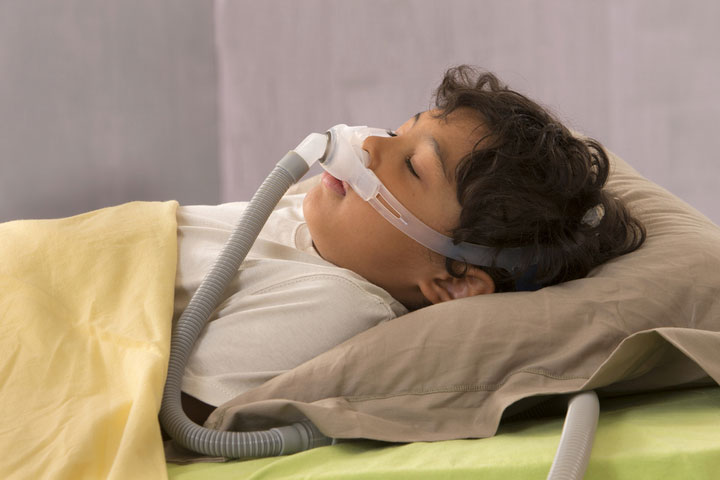Sleep apnea is a serious sleep disorder that affects millions of people around the world. It is characterized by pauses in breathing or shallow breaths during sleep, which can last for a few seconds to a few minutes. These pauses can occur multiple times throughout the night, disrupting the normal sleep cycle and leading to a range of health problems. While sleep apnea is primarily a respiratory condition, it has also been found to have a significant impact on dental health.
Oral appliances are commonly used as a treatment option for sleep apnea. These devices, which are typically custom-made by dentists, work by repositioning the jaw or tongue to help keep the airway open during sleep. While oral appliances can be effective in managing sleep apnea, they can also have an impact on dental health. You can also find the best sleep apnea dentist at https://nourishdentalcare.com/sleep-apnea-treatment.

Image source google
Sleep apnea and dental health are closely linked, with sleep apnea patients being at a higher risk for dental problems such as bruxism, temporomandibular joint disorders, and dry mouth. It is crucial for sleep apnea patients to prioritize their oral health and seek regular dental care.
Dentists play a crucial role in managing sleep apnea-related dental issues and providing appropriate treatments and guidance. By taking proactive steps to maintain good oral hygiene and addressing any dental problems promptly, sleep apnea patients can minimize the impact of their sleep disorder on their dental health and overall well-being.
